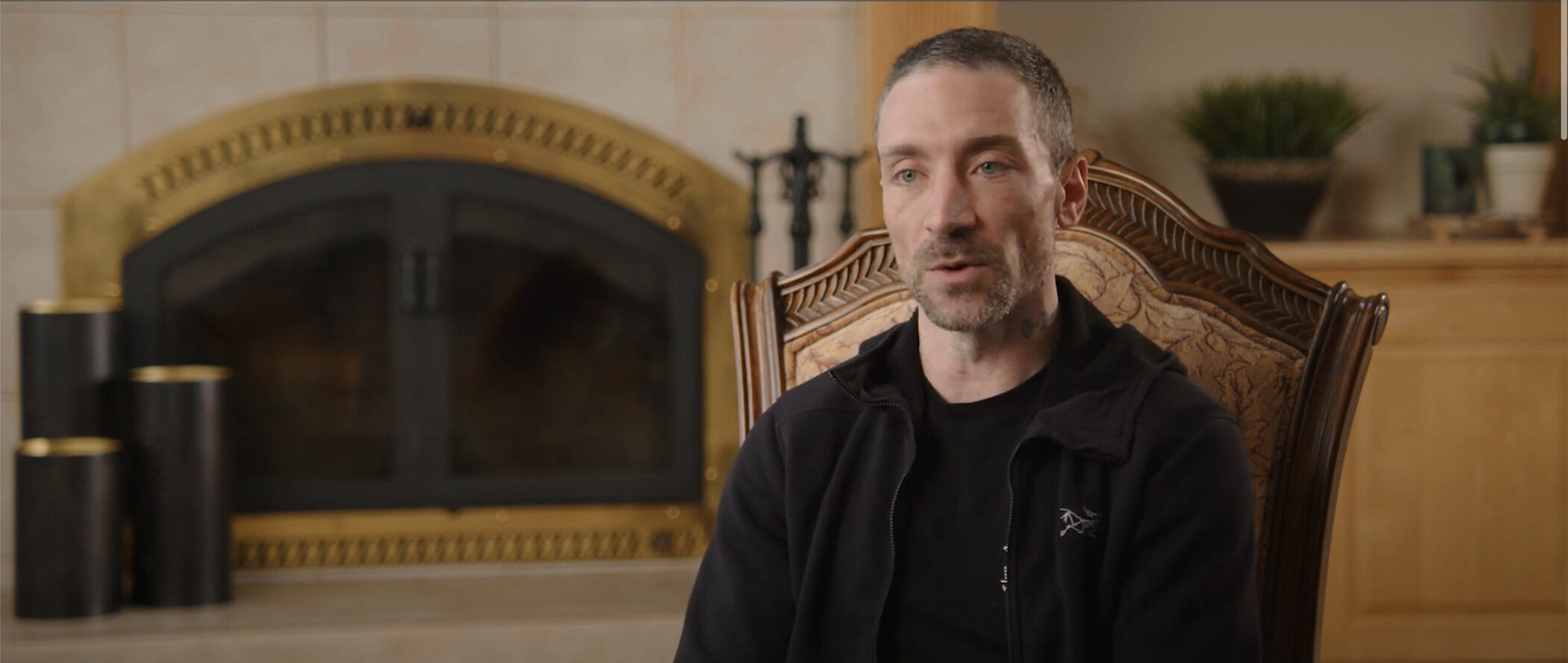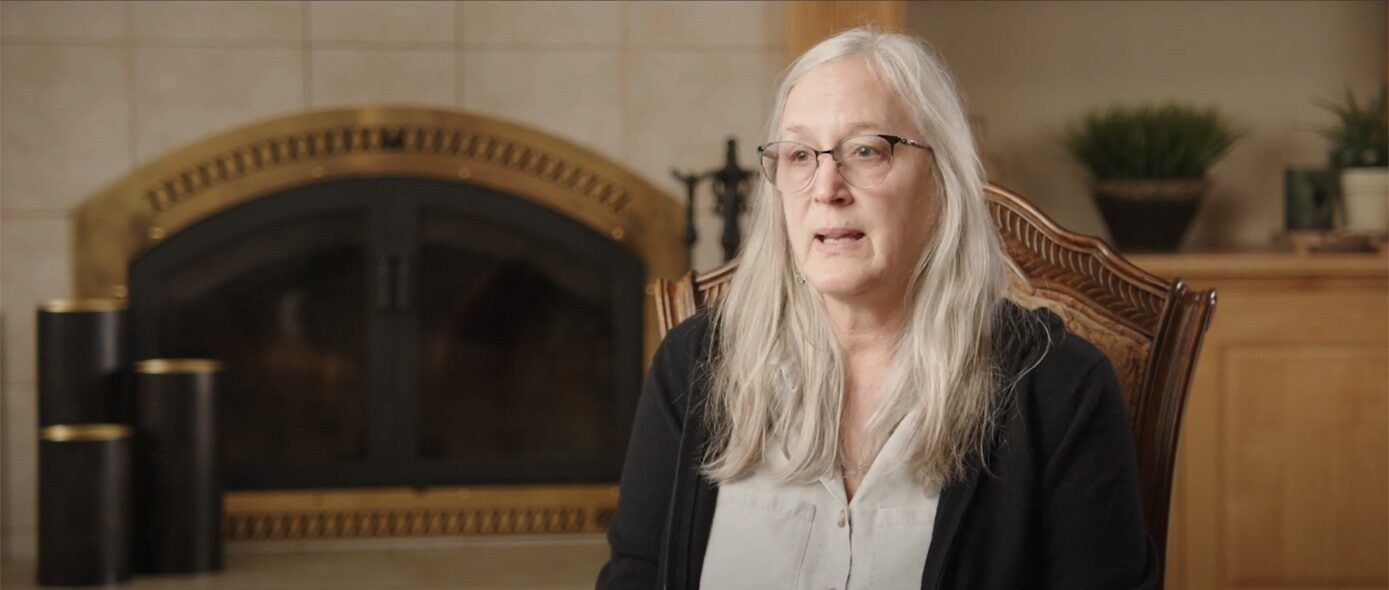A Bellingham, Wash., couple was instrumental in the rescue of a man adrift for 26 hours in a plastic fish bin in Alaskan waters last month.
Tele Aadsen and Joel Brady-Power may have saved 19-year-old Ryan Harris, who was afloat in open seas after his boat capsized northwest of Sitka, Alaska, The Bellingham Herald reported in Sunday’s newspaper.
They were on their way back to shore on their 43-foot salmon-fishing boat after hearing a Coast Guard report about a missing fisherman.
The 28-foot aluminum boat with Harris and a crewmate had capsized Friday afternoon near the south end of Kruzof Island. They had no radio or cell phone, but friends reported them missing Friday night after they failed to return to port.
By Saturday morning, boaters in the area, heard reports about the missing fishermen.
“Fishermen are never a stronger community than in situations like this. When t ragedy cuts one of us down,” Aadsen wrote in her blog, “Hooked: One Woman at Sea, Trolling for Truth.”
Shortly before 1 p.m. Saturday, a search vessel found Harris’ crewmate alive on a beach. The crewmate had managed to don a survival suit after hitting the water.
Harris didn’t have a survival suit, but was wearing a float coat, a warm jacket with buoyancy. At one point, according to news reports, he tipped into the water, but managed to right the tote and stay afloat. To stay awake and upbeat, he sang “Rudolph the Red-Nosed Reindeer” and “Row, Row, Row Your Boat.”
Aadsen and Brady-Power motored north with binoculars in hand, hoping to see the missing man despite poor visibility.
“We simultaneously gasp at a head bobbing towards us,” Aadsen recounted in her blog. “It disappears under the surface, then slowly pops up for a closer look – a head of bull kelp.”
About a half hour later, Joel Power called out, “There! What’s that?” Sixty feet ahead to the lef t a blue tote listed in the water.
A moment later they both yell, “There’s another one!” Several hundred yards ahead a second tote bobs upright. Inside, a man starts flapping his arms.
Joel immediately contacts the Coast Guard. A helicopter appears and 43 seconds later, by Aadsen’s count, Harris is safe, inside the copter.
“I stay on deck for a moment longer,” she wrote in her blog. “Tears I wasn’t aware of mingle with the rain on my cheeks. … I wave to the helicopter, wishing again that body language translated. You guys are amazing. Thank you. Thank you.”
Aadsen and Brady-Power have been running the Nerka, a 43-foot salmon-fishing boat built for Joel’s parents, for the past seven seasons, and bought a house in Bellingham three years ago.
In the off season, he works to build his business as a landscape photographer and she works on her writing.
?











